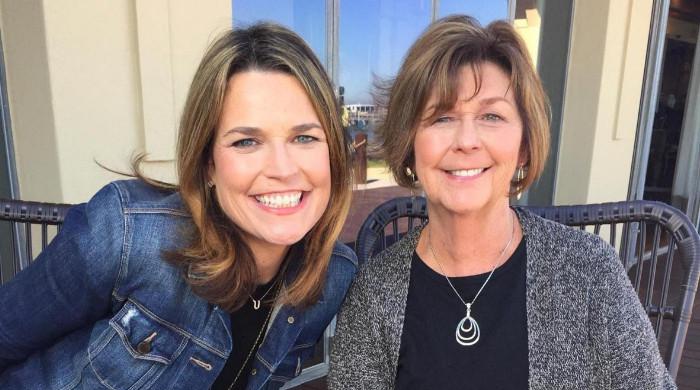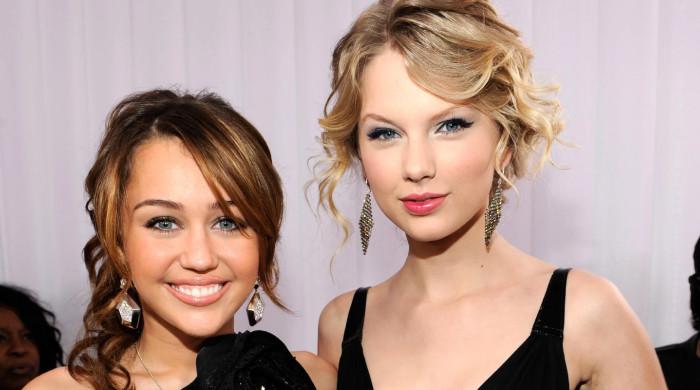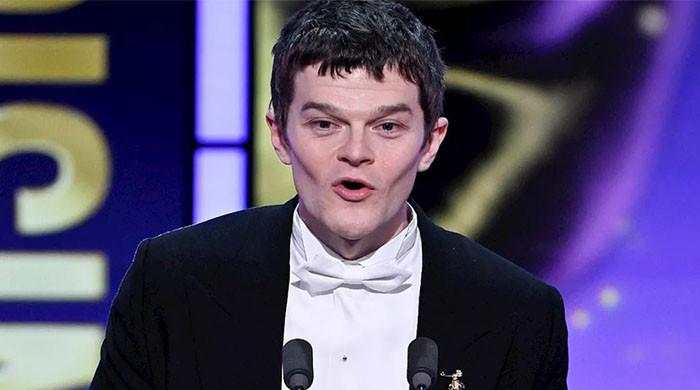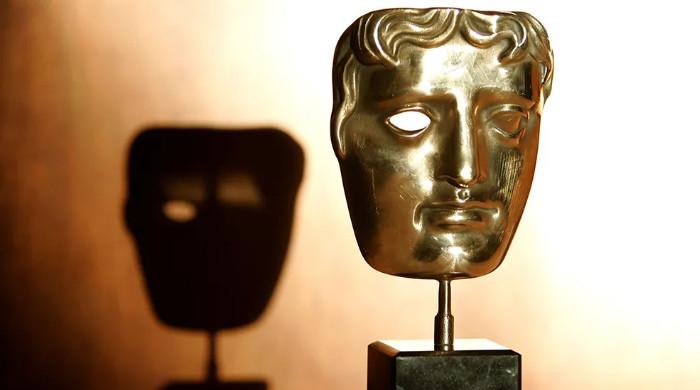Has Pakistani music lost its soul?
The journey of Pakistani music over the decades
February 11, 2017
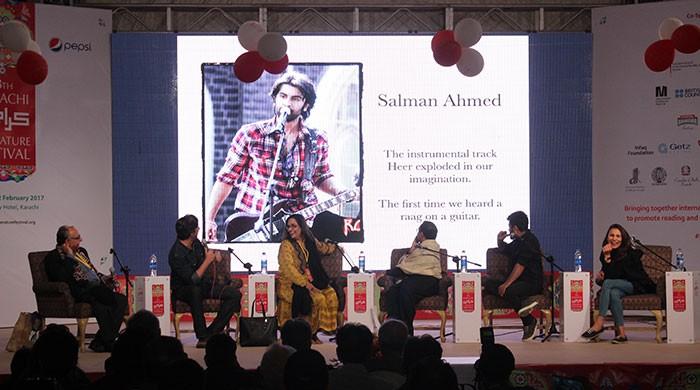
KARACHI: One of the greatest powers of music is impacting lives: musician Saif Samejo’s eyes gleamed as a member of the audience told him how his band’s (The Sketches) music was the only ray of light for him during a traumatic phase of life.
The discussion at “Pakistani Music: From Raagas to Rock” at the 8th Karachi Literature Festival held on Friday, February 10, 2017 brought out many different reactions from the audiences.
Political activist and member of rock band ‘Laal,’ Taimur Rahman, opened the discussion, taking the audience through the evolution of music over. He noted how the “McDonaldization of music” has shifted the focus from serenading the soul to a mere commodity, used for quick gratification. “It’s more about productivity than quality,” he exclaimed.
“Listeners of music that people like me produce may not be YouTube savvy, but we still exist and we love music,” said moderator and veteran artist, Arshad Mahmud. “Music has paid my bills,” he added, emphasizing on how it is not a casual hobby, but a proper career.
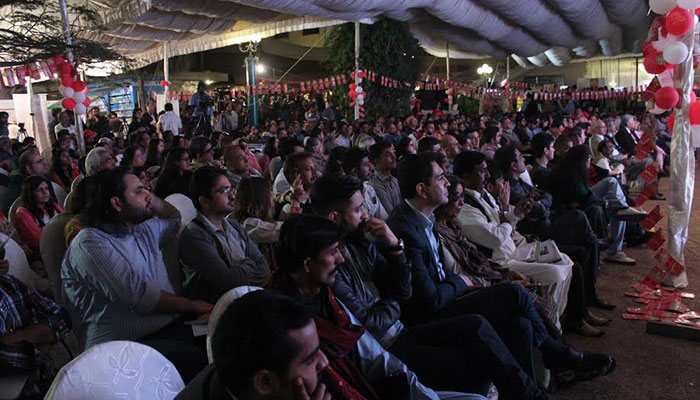
The composer’s recollection of arranging songs for Faiz’s poetry, as part of his personal rebellion against martial law administrator Zia-ul-Haq was received by tumultuous applause from the audience. “A composition should have the poet’s intent at its core. The audience should be able to connect better to poetry when it is in the form of music than when it is only words.”
Reminiscing about the times when she witnessed tyres burning on her way to S.I.T.E. area in Karachi, to record her popular number “Bahar Ayi,” the melodious Tina Sani said, “The soul of doing music had nothing to do with globalization back then.”
The Sketches’ vocalist Saif Samejo’s interaction turned out to be one of the most engaging parts of the session. He discussed how an incident involving a Hindu man’s exhumation from a Muslim graveyard upon the orders of a mosque’s imam deeply influenced him to use music to raise his voice for humanity.
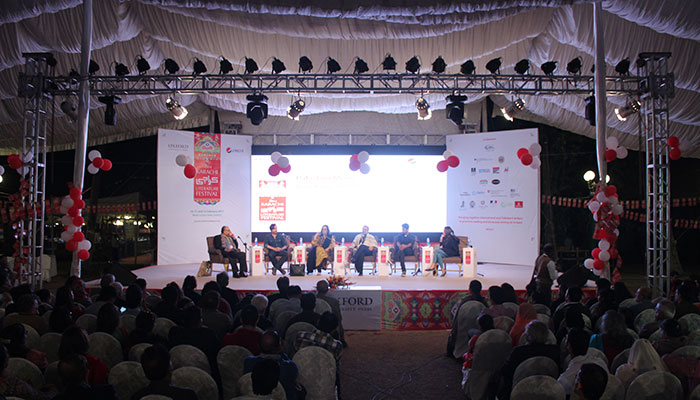
An elderly member of the audience held Samejo’s hand for a few minutes, as she expressed her love, gratitude, and admiration for him to have expressed his “beautiful thoughts.” Another member of the audience told Samejo how he had travelled all the way from Lahore to meet the musician, whose work had “inspired” him.
A thought provoking discussion by tabla player and lecturer, Yousuf Kerai, elaborated on how the industry has shifted from a focus on music itself in the past to vocals in present day. He talked about the lack of flexibility to bring new forms into classical music as the reason why the genre has been gradually fading out. “Salman Ahmad and Aamir Zaki brought a new conversation to music,” said Kerai.
Towards the end of the discussion, a member of the audience asked the panelists if the economic standing of a country impacts its artist and creative industry. In response, Rahman shared his experience of attending a Bruce Springsteen concert abroad, where the government ensured that over a hundred thousand people attendees did not have to face any inconvenience.
An audience member’s request to the classical singer, brought the engaging session to an end as Sani’s soulful voice serenaded all those in attendance with Faiz’s magical “Bahar Aayi.”





